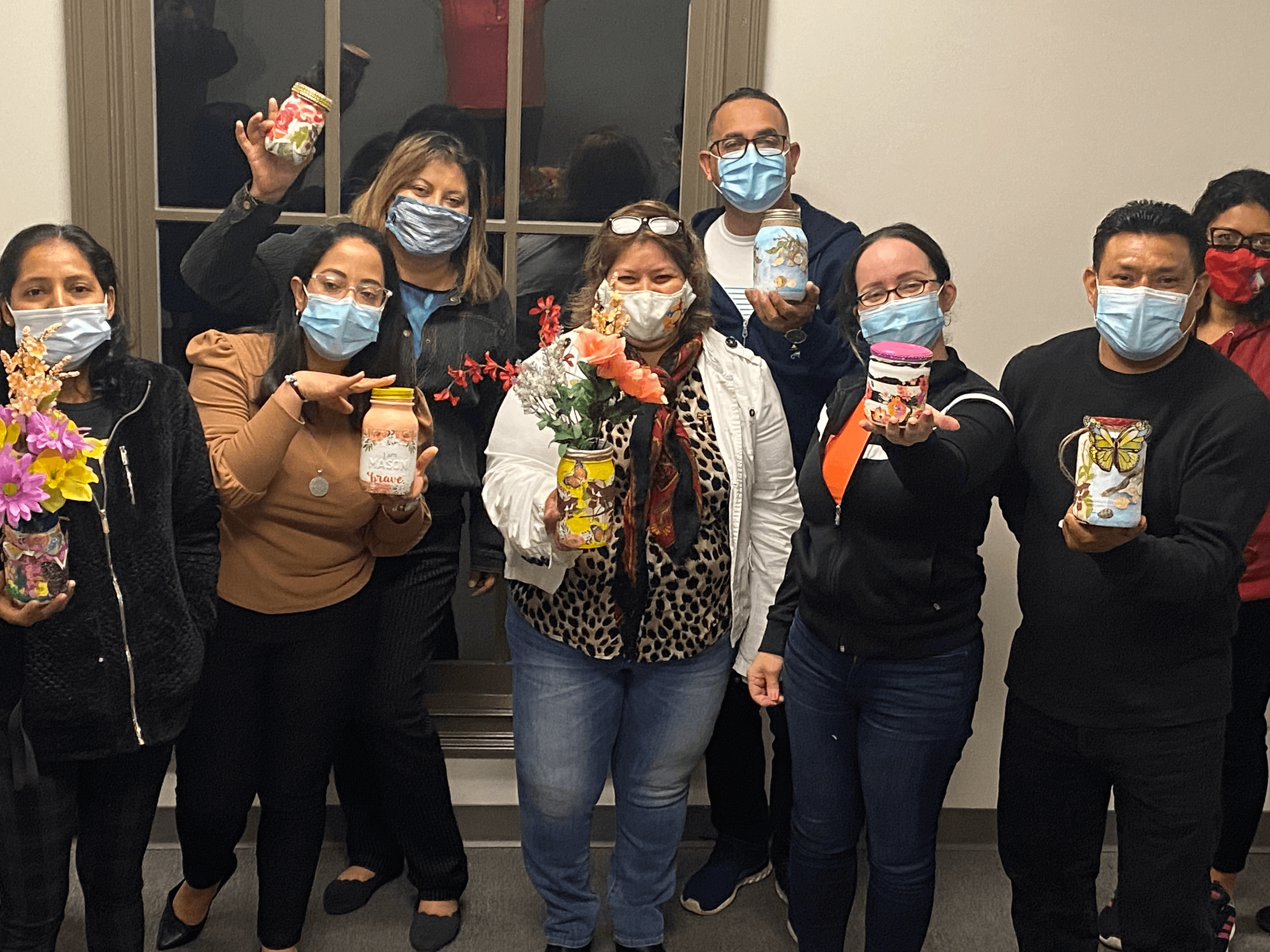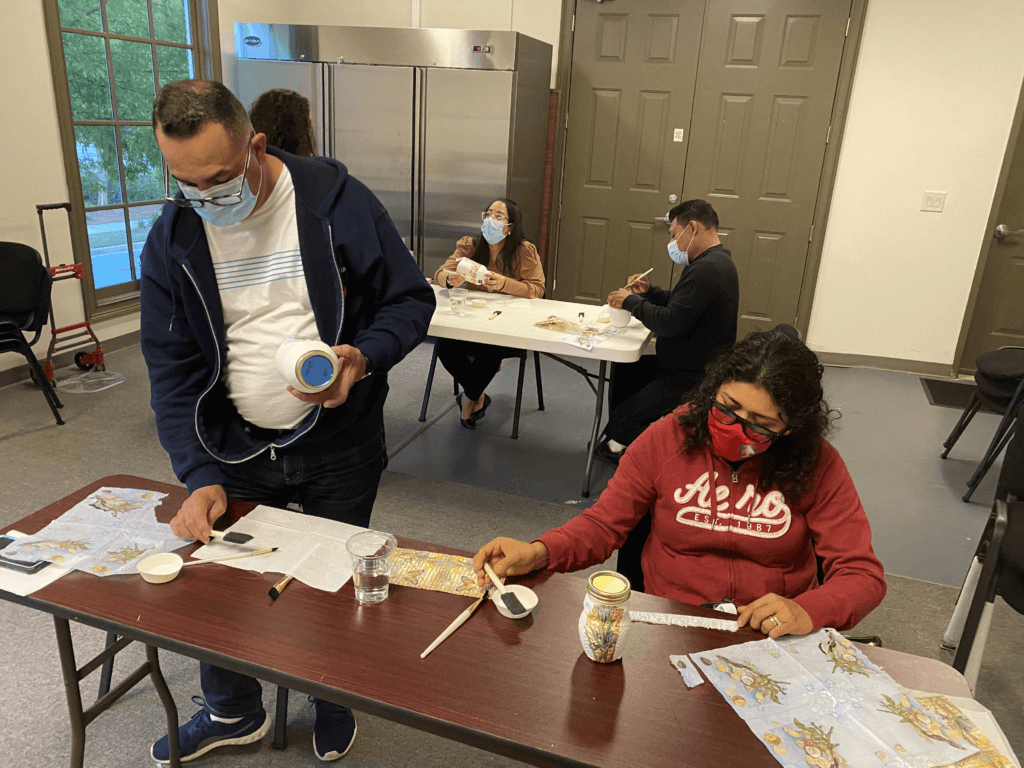Georgia Latinos Against Domestic Violence
GLADV (Georgia Latinos Against Domestic Violence)
The Georgia Latinos Against Domestic Violence Program is Ser Familia’s response to support Latinos who have been affected by domestic violence, sexual abuse, or other violent crime. The program includes:
- Safety planning, case management, and individual victim support.
- Healthy Relationships support groups for women and men victims. The Workshop is made up of 13 group sessions and includes 5 sessions of the acclaimed program How to Avoid Falling for a Jerk or Jerkette, which teaches how to identify key markers of an unhealthy relationship. These groups provide a space for victims to gather and share experiences and gain much-needed support in an emotionally and mentally secure and safe environment. Participants learn from each other and gain the confidence and strength to continue through life knowing that they are not alone.
- Advocate Meetings to support those who want to learn best practices to serve Latino victims and where information, experiences, and skills are shared between advocates and services providers in a safe environment.
- Assistance from our own immigration attorney for victims who qualify for U Visas, VAWA, or T Visas
What is Domestic Violence
Domestic violence is a pattern of behavior in which a person uses physical, sexual force, coercion, threats, intimidation, isolation, emotional, or economic abuse to control the victim.
Signs of Domestic Violence
Physical Abuse: Characterized as hitting, strangling, pushing, pulling hair, hurting children and pets, even older people. Uses weapons such as knives, scissors, pocket knives, ice picks, firearms, bats.
Psychological Abuse: Characterized as unjustified jealousy, devaluation of the person through insults, yelling, derogatory jokes, teasing, humiliation among other things to hurt the victim. Threatening to end the relationship, offending family, and friends, destroying their property to intimidate. The abuser can also use power to control activities such as visiting family, friends, shopping trips, and cell phone use. In some cases, the abuser threatens the victim to report to government organizations such as Immigration or taking away parental rights.
Economic Abuse: Characterized as total control of the family economy, limiting or denying access to bank accounts, not even allowing the victim to make purchases or make decisions for the home or herself/himself.
Threat Abuse: Characterized as threatening the person to take their children away, threatening to kill or commit suicide, threats to persecute them in case of abandonment, threats to the family members. It also includes threatening phone calls or stalking around the home or workplace. The abuser manipulates children so that the partner feels guilty, uses them to send messages, and to obtain information to be able to control the partner.
Sexual Abuse: Characterized as using violence in sexual approaches and treating the partner as a sexual object. Demanding sexual intercourse without the consent or desire of the partner. Aggressive stroking, pressure to maintain or force unwanted sexual behaviors and practices.
Prevention
- Stay Informed
- Talk to professionals who can help you identify and prevent intimate partner violence situations.
- Encourage and develop an environment of respect in the family.
- Communicate with respect.
- Learn to set limits and boundaries.
Help is Available!
Physical violence is the most obvious form of domestic violence, but psychological violence can be “camouflaged” in different forms and is much more frequent than people believe. Many people for fear of losing their partner, choose to keep quiet and assume a submissive position or think "I don't want any more problems. I'd better say yes and that's it."
Physical violence could be a slap on the face, a simple pull of the arm, or pulling the hair. You don’t have to allow it!
Seek help: Throughout the country, there are institutions that can offer you help to save yourself from situations of domestic violence. There are educational programs that can help you make better decisions in your life and that of your family. Domestic Violence is not normal in a couple nor in the family.
“BREAK THE CYCLE, DO NOT KEEP SILENT"
If you feel that you are in danger call - 911
National Domestic Violence HOTLINE -1 800-799-7233
Spanish emergency line in Georgia - 1-800-334-2836
Suicide and Crisis Lifeline - 988 or (800-273-8255)

